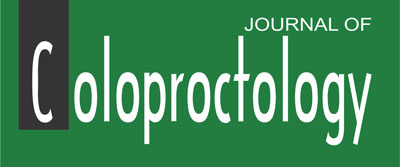The aim of this study was to investigate the quality of life and self-esteem in patients with intestinal stoma. This is a clinical, primary, descriptive, analytical study, conducted at the Ostomized People's Pole of Pouso Alegre, after approval by the Ethics Committee of the Faculdade de Ciências da Saúde Dr. Jose Antonio Garcia Coutinho under opinion No. 23,227. Three instruments - a questionnaire on demographics and stoma, Rosenberg Self-Esteem Scale/UNIFESP-EPM and Flanagan Quality of Life Scale - were used in the data collection. The following tests were used for statistical analysis: chi-squared and Kruskal-Wallis tests and Spearman correlation. For all statistical tests, the level of significance of 5% (p<0.05) was considered. Most participants were older than 60 years, of male gender and attended support groups. Twenty-one (30%) of respondents were illiterate. Neoplasia was the most frequent of the causes that led patients to receive an ostomy; permanent colostomy was the type of ostomy used. Individuals were not submitted to stoma demarcation and did not make irrigation. Regarding the type of complication, 34 (48.60%) had dermatitis; 14 (20%) showed retraction.
The mean of Rosenberg Self-Esteem Scale/UNIFESP-EPM was 10.81 and the mean of Flanagan Quality of Life Scale was 26.16. It was concluded that individuals with intestinal stoma participating in the survey showed impaired self-esteem/quality of life.
Ostomy; Quality of life; Body image; Self-concept; Self-esteem
